2021 – present
Salmon swimming upstream. Design by Bryan Potter
For hundreds of years, Indigenous communities have faced near constant threats on their sovereignty, cultures, and lands. Today, Indigenous leaders continue to guide their communities to safety and are dedicated to ensuring their collective future. The work and impact of Indigenous leadership are models of vision, courage, and determination.
As a lead-up to the Ecotrust Indigenous Leadership Awards, this annual, 4-part series is designed to deepen understanding of the achievements of Indigenous leaders and raise awareness of the challenges Indigenous communities face. Held every spring, the series is free and open to the public. Please join us.
2023 Briefing Series
The United States has a long history of ignoring or dismissing the concerns of Indigenous communities when it comes to resource development and environmental regulation. While the dynamic has changed somewhat in recent years as tribal governments and leaders are invited to decision-making tables more often, tribes continue to be inadequately consulted. When projects move ahead without considering tribal concerns, Indigenous peoples are forced to stand up for their home.
What are the social, cultural, economic, and political stresses on Indigenous communities when environmental threats or disasters land on their doorstep? Who shows up to help? Who doesn’t show up? What are the responsibilities of government and industry to tribal communities around resource development and consultation? What does success look like?
In this four-part series, we will examine how Indigenous leaders, governments, and communities are responding to external environmental threats and learn how far tribes are willing to go to protect their people, cultures, and homelands. Join us.
Pushing Back: Pebble Mine & the Arctic National Wildlife Refuge
Before Jordan Cove, q’alya, kuunatich, kukwis shichdii me
An Uneasy Conundrum: Green Energy & Tribes
Na’Ha’Met (Ours to Protect): Salmon Crisis in the Salish Sea
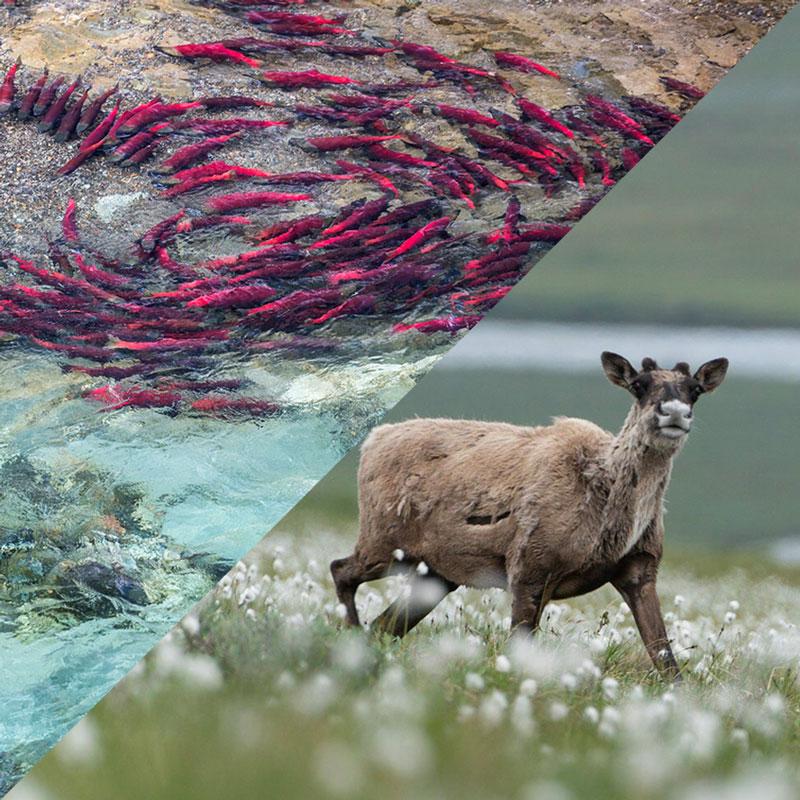
Salmon in Katmai National Park by Russ Taylor, National Park Service. A curious caribou along the Hulahula River by Danielle Brigida.
February 16, 2023
American Indian tribes and Alaska Native communities have harnessed their unique status as governments to pull levers that have challenged and influenced federal decision-making around environmental regulation and industry. In the far north, the Gwich’in people have pushed back against oil drilling in an unprotected area of the Arctic National Wildlife Refuge (ANWR) for nearly four decades. Their goal? To protect the land and caribou on which their lives depend. For the 15 Indigenous communities in southwest Alaska who know the salmon, watersheds, and lands around Bristol Bay as their home, the United Tribes of Bristol Bay successfully knocked back the proposed Pebble Mine and protected the most productive salmon fishery in the world and their ways of life.
What toll did these decades-long fights have on these Indigenous communities? What was at stake? What mechanisms were the tribes able to use to help move the dialogue and shift outcomes? What does the future hold?
video
Watch a recording of Pushing Back: Pebble Mine & the Arctic National Wildlife Refuge, held on Thursday, Feb. 16. Download the transcript here.
Speakers
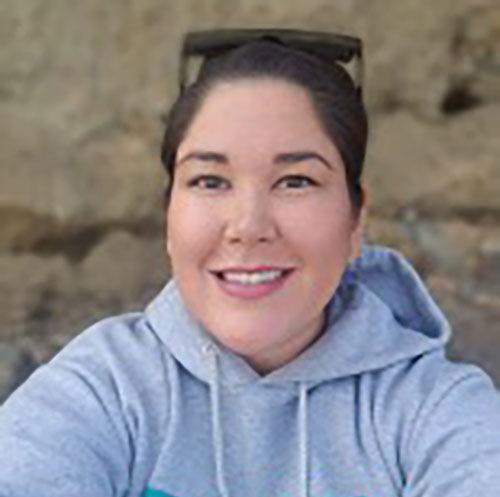
Executive Director, United Tribes of Bristol Bay
Ms. Hurley has worked extensively in community development and is deeply committed to environmental justice. As the executive director of the UTBB, she leads a tribally-chartered coalition of 15 federally recognized tribes working to protect the Yup’ik, Dena’ina, and Alutiiq ways of life and the pristine Bristol Bay watershed and the life it sustains.
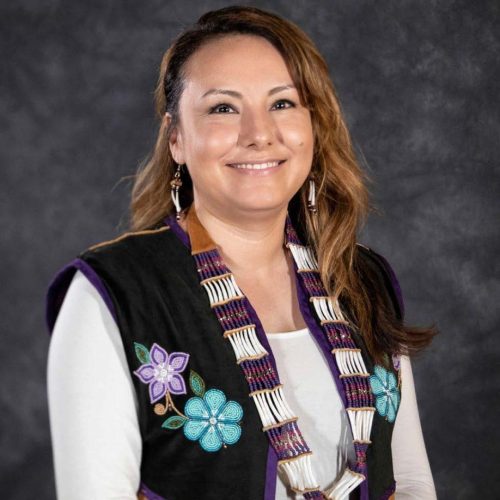
Technical Advisor, Arctic Village Council, Venetie Village Council & Native Village of Venetie Tribal Government
Charlene Stern was born and raised in Interior Alaska and is an enrolled tribal member of the Native Village of Venetie Tribal Government. For over two decades, Dr. Stern has been engaged in tribal efforts to protect the birthplace and nursery grounds of the Porcupine Caribou Herd from the threat of oil and gas development in the coastal plain of the Arctic National Wildlife Refuge. She holds a bachelors degree from Western Washington University, a masters degree from the University of New Mexico, and a Ph.D. from the University of Alaska Fairbanks. Dr. Stern previously served as an appointee to the International Porcupine Caribou Management Board and currently serves as a technical advisor to three federally recognized Gwich’in tribes.
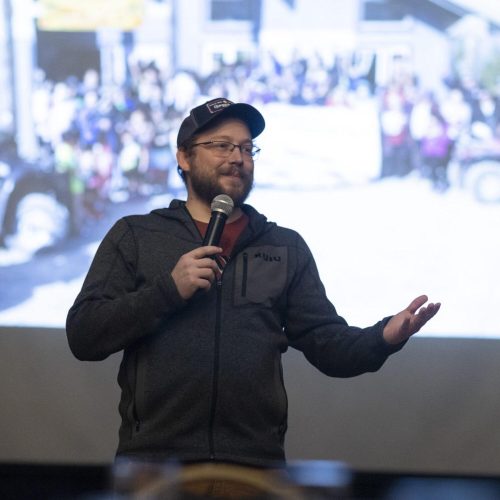
Senior Staff Attorney, Native American Rights Fund
Mr. Newman is a senior staff attorney at the Native American Rights Fund. Based in the Anchorage office, he has worked closely with both the United Tribes of Bristol Bay and the Gwich’in communities in their campaigns to protect their homelands. Mr. Newman’s areas of expertise include Indigenous land rights, land use, and natural resources, with a focus on environmental permitting.
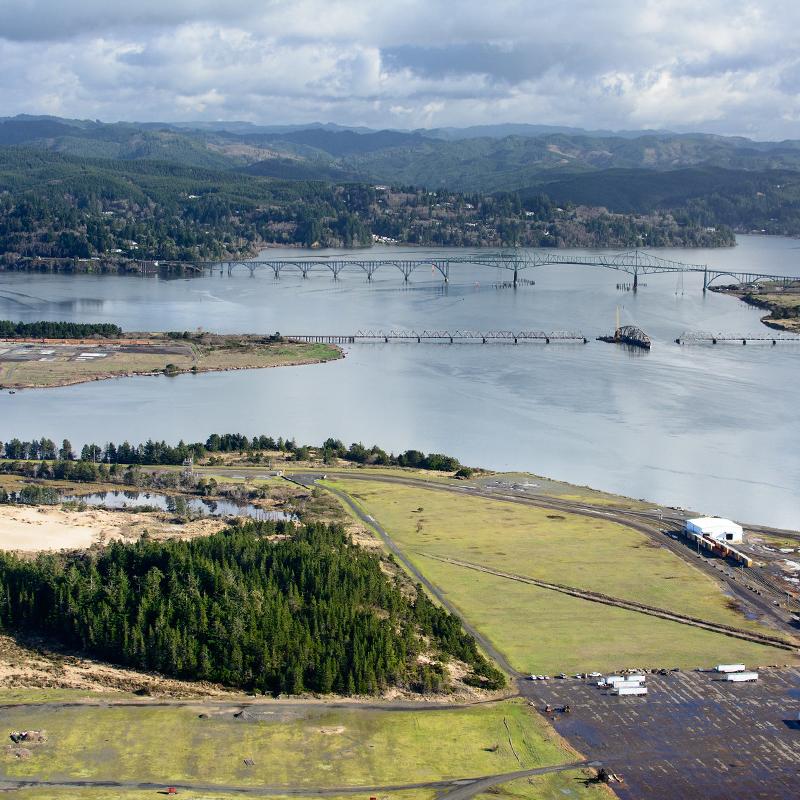
An aerial view of Coos Bay by Alex Derr.
March 16, 2023
Despite attempts to minimize the voices of those indigenous to Coos Bay, the hanis and miluk people continue to assert their ongoing rights and ancestral connection to Coos Bay. For nearly 20 years, the Jordan Cove Energy Project, a proposed natural gas liquefaction and export facility and fracked gas pipeline that would have traversed 230 miles across Oregon, threatened their identity and strained resources.
The Confederated Tribes of Coos, Lower Umpqua and Siuslaw Indians (CTCLUSI) fought the project after an extensive assessment of impacts to their environmental and cultural resources in the area. In this briefing, we will explore the struggles and successes of the Tribe to assert their right to participate in the review process and hold federal, state, and local permitting agencies accountable for impacts to Indigenous spaces within the Coos’ ancestral homelands.
video
Watch a recording of Before Jordan Cove, q’alya, kuunatich, kukwis shichdii me held on Thursday, March. 16.
Speakers
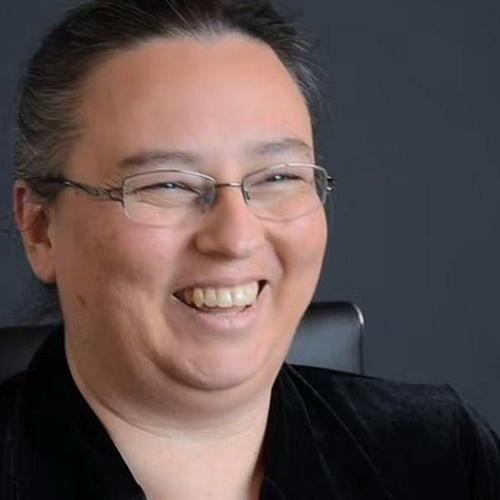
Patty Whereat-Phillips is a storyteller, linguist, knowledge holder, and citizen of the Confederated Tribes of Coos, Lower Umpqua and Siuslaw. As a miluk coos person, she holds a deep connection to Coos Bay. Her father, Don Whereat, was a culture and history expert as well as an important person who played a significant role in the restoration of the Tribe’s federal recognition after Termination.
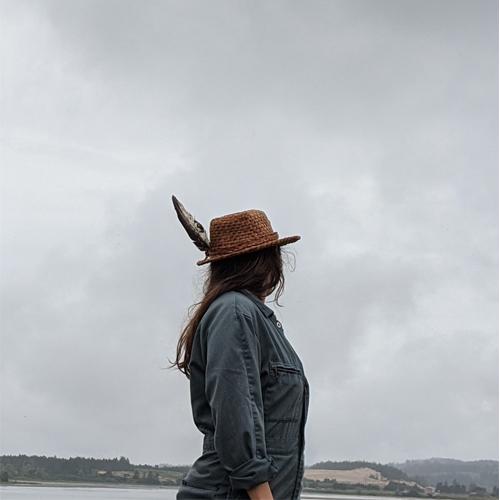
Based in Florence and Corvallis, Oregon, Margaret Corvi is a consultant working to support and advocate for tribal rights, improved consultation, and protection of lifeways. She was the Director of Natural Resources and Culture at CTCLUSI from 2014-2019 and led with her staff the review of the Jordan Cove LNG.
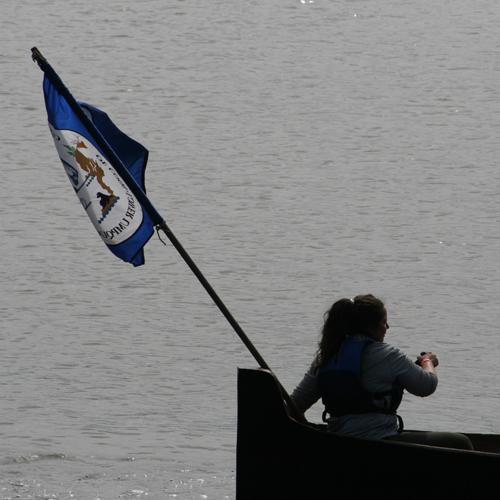
Ms. Krossman is the current CTCLUSI Tribal Historic Preservation Officer, responsible for enforcing tribal and federal preservation laws, preserving traditional cultural areas, providing cultural education, and asserting tribal sovereignty. She has worked for more than seven years to protect the Tribe’s cultural resources and promote traditional practices.
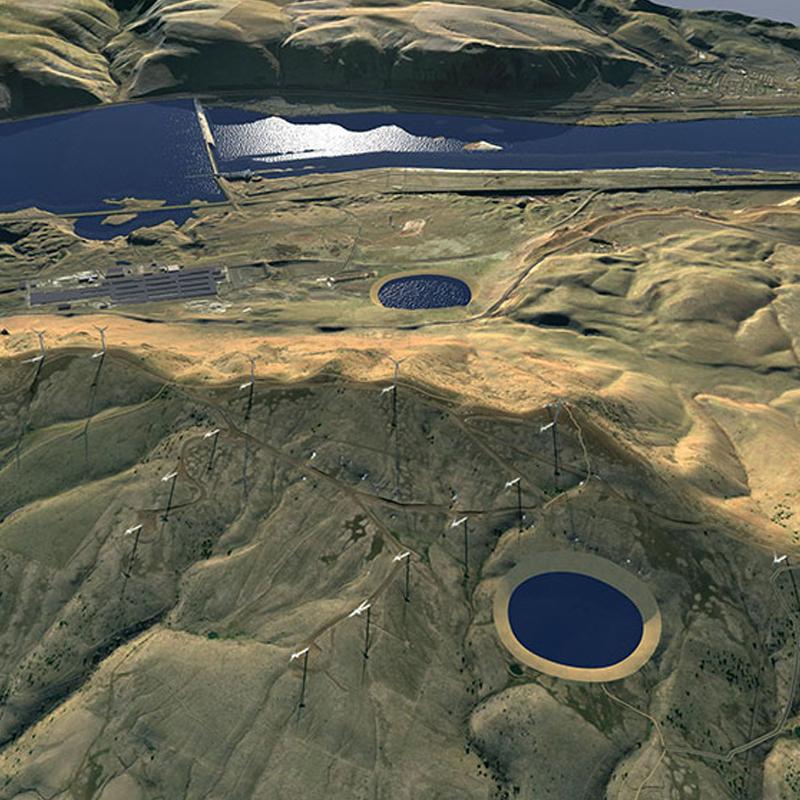
Caption: An artist’s rendering of the proposed Goldendale Water Pump Storage Project, courtesy of Washington State Department of Ecology.
April 20, 2023
American Indian Tribes have embraced the need for alternative energies to diminish dependence on fossil fuels and combat climate change, but green energy can come at a high cost for Indigenous communities. Designed for seemingly under-developed or isolated rural areas by industry, green energy projects are sometimes planned for lands that hold irreplaceable cultural resources or sacred sites, or are in “usual and accustomed places” as identified in treaties.
The proposed $2 billion Goldendale Water Pump Storage Project planned for South Central Washington near the Yakama Reservation is one such project. What is the project, and why is the Yakama Nation opposed to it? What are the legal and moral obligations of state and federal governments to consult appropriately with tribes? What does successful and respectful consultation look like? And, how can NGOs be effective partners when tribes are faced with cultural and environmental threats on their landscapes?
video
Watch a recording of An Uneasy Conundrum: Green Energy & Tribes held on Thursday, April 20.
Speakers
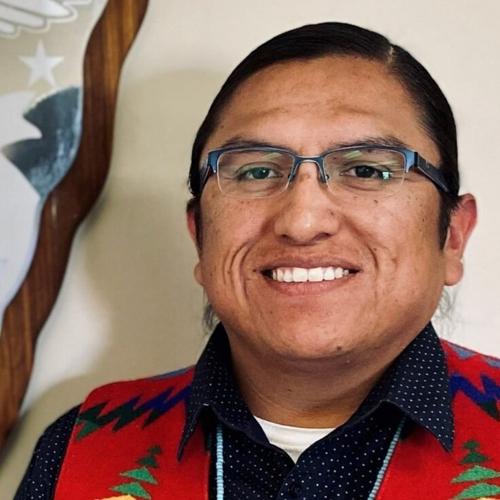
Tribal Council, Yakama Nation
Known as Pax’una’shut, of the Kahmiltpah Band (Rock Creek) of the Columbia River, Jeremy Takala is a fisheries technician by training and serves as an elected member of the Yakama Nation Tribal Council. In addition to serving as a commissioner representing the Nation on the Columbia River Intertribal Fish Commission (CRITFC), Mr. Takala serves his community as the chair or member of several internal committees: fish & wildlife; law & order; health, employment & welfare; and legislative.
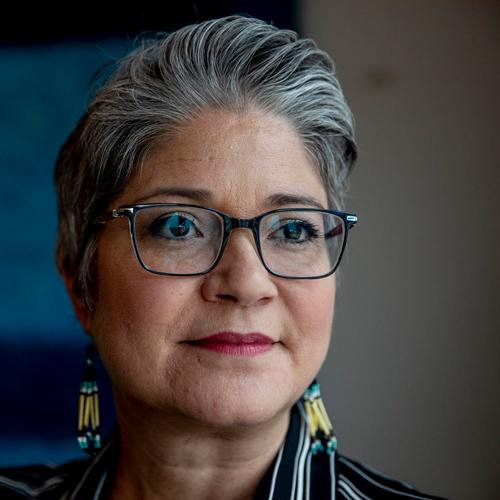
Partner, Cascadia Law Group Environmental Attorneys
From 2013 to 2020, Maia Bellon served as the director of the Washington State Department of Ecology and was the first Native American to serve as a member of the Washington state cabinet. As director of the Department of Ecology, she managed a staff of 1,700 people and oversaw a biennial budget of $2.3 billion. Currently, she is a partner at Cascadia Law Group where she represents tribal governments and municipal and private clients on a wide array of complex environmental matters, including climate and energy policy, air quality, water resources, toxics cleanup, water quality, and tribal law.
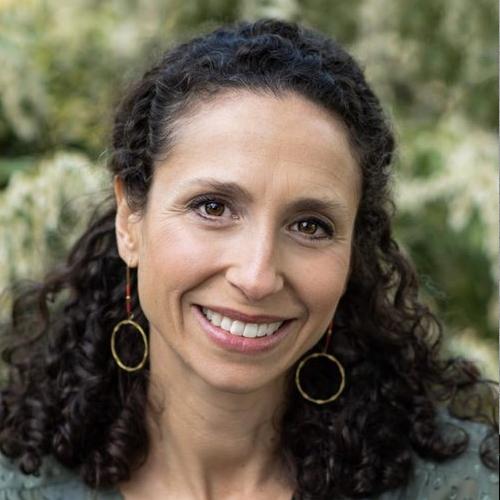
Executive Director, Columbia Riverkeeper
Lauren Goldberg joined Columbia Riverkeeper in 2008 and spent more than a decade working with staff to enforce the Clean Water Act and developing legal strategies to fight the oil, coal, and fracked gas industries. Named as Riverkeeper’s new executive director in May 2022, Ms. Goldberg and her staff continue to work with diverse coalitions to fight for laws that protect people from toxic pollution and defend the landscapes we love.
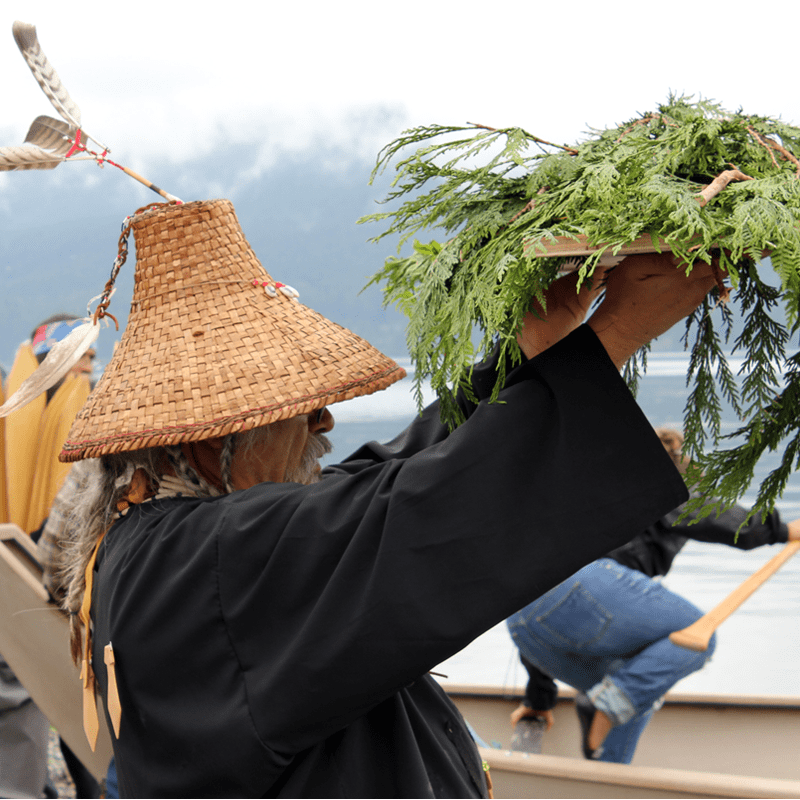
Lummi tribal member Harlan James prepares to release the remains of the first salmon into Hale Passage. Photo courtesy of Northwest Treaty Tribes
May 18, 2023
Northwest tribes are in a unique position as sovereign governments to lead the charge in the protection and restoration of salmon, the cultural mainstay of Indigenous lives. For decades, tribes have dedicated significant resources and energy to salmon survival, from restoring habitats and conducting biological research to advocating for policy change at the highest levels of state and federal governments. And yet, mainstream responses to the salmon crisis have been slow and made complicated by competing political and economic interests. The survival of salmon is now in question.
In this briefing, we will discuss the long history of the Lummi Nation’s efforts to ensure salmon’s survival with Lisa Wilson and Althea Wilson, both citizens of the Lummi Nation, which is a signatory of the Point Elliott Treaty of 1855, and the uphill challenges tribes are facing to protect “Yomech” (salmon).
Speakers
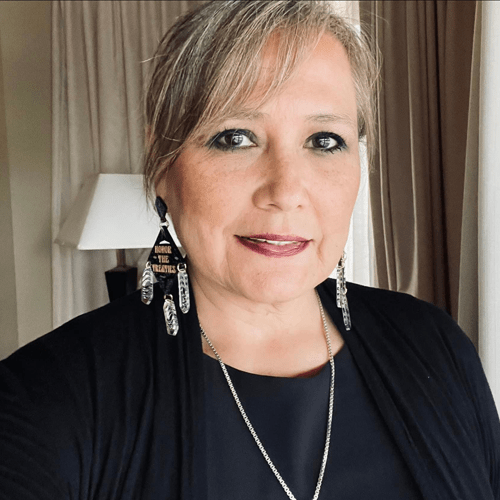
Ms. Wilson is an elected member of the Lummi Indian Business Council and serves as the vice chair of the Northwest Indian Fisheries Commission, which is headquartered in Olympia, Washington. She also serves as the co-chair of the Natural Resources Committee of the Affiliated Tribes of Northwest Indians, and is the former Endangered Species Act manager of Lummi Natural Resources. Lisa earned her bachelor’s degree in Native Environmental Science from Northwest Indian College and created the documentary Time Immemorial: A Fishing History of the Lummi People as her capstone project. Her expertise lies in treaty protection and fisheries policy management.
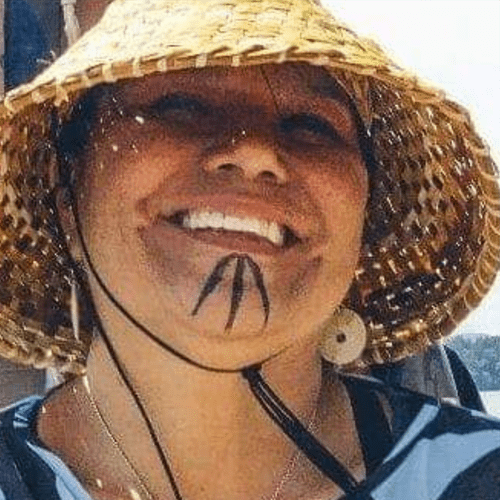
Ms. Wilson, whose family comes from lifelong fishers in the Salish Sea, is the Native environmental science curriculum development coordinator at the Northwest Indian College in Bellingham, Washington, where she received her bachelor’s degree in Native Environmental Science. Her culminating project was the film Revitalizing Cultural Knowledge and Honoring Sacred Waters: The Documented Oral History of Life on the Nooksack River. It is the first of several films by Althea about the Lummi’s connection to the natural world. Currently, Althea works as a policy researcher and office coordinator in the Office of Government Affairs and Treaty Protection of the Lummi Nation. She has a passion for research in Indigenous knowledge and Indian policy.
video
Watch a recording of Na’Ha’Met (Ours to Protect): Salmon crisis in the Salish Sea held on Thursday, May 18.
2021-22 Briefing Series
The inaugural briefing series was held between December 2021 and March 2022 and featured eight, deeply respected tribal leaders from across the Pacific Northwest. The theme, Indigenous Leadership: Ensuring a Future for Native Peoples, Cultures, and Lands, examined four moments in American history that threatened Indigenous communities and the ways Native leaders and communities responded.
Attendees learned about little-known eras and challenges, all from an Indigenous perspective. And they learned about the strength and deep resolve of Indigenous communities when powerful forces were working against them.
Learn more by watching each briefing below.
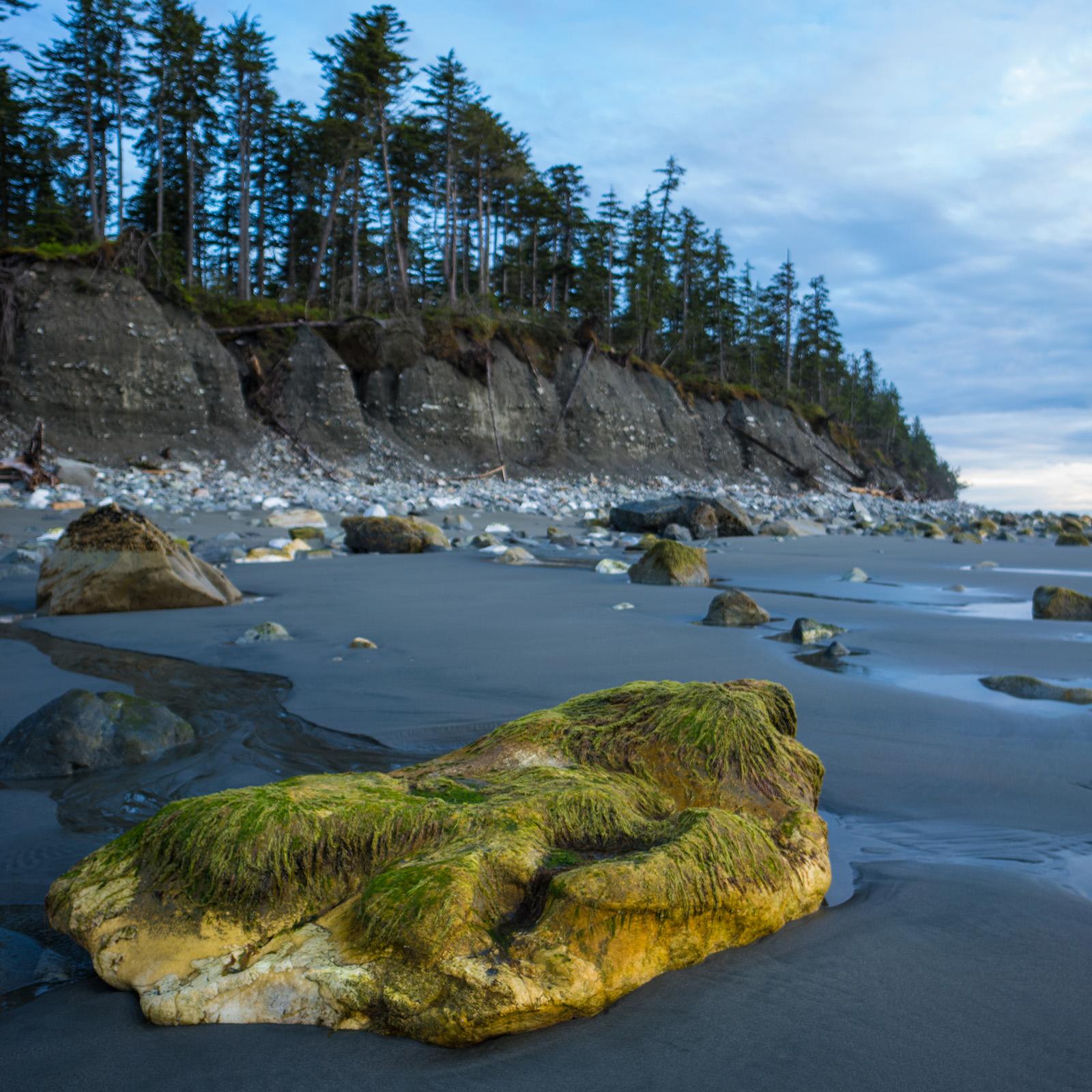
A beach near Yakutat in Southeast Alaska. Photo by Bethany Sonsini Goodrich
December 15, 2022
Speakers: Roberta (Bobbie) Conner (Nez Perce/Cayuse) and W. Ron Allen (Jamestown S’Klallam)
In the mid-1800s, many Northwest tribes signed treaties to reserve an area of their traditional homeland for their perpetual use. Using the Walla Walla Treaty Council as the setting, Roberta “Bobbie” Conner (Nez Perce/Cayuse) will explore the circumstances and significance of the Confederated Tribes of the Umatilla Indian Reservation’s Treaty of 1855. What happened at the Treaty Council? Who was there? What was said? And, most important of all, what did tribal leaders of the 1850s have to consider and negotiate to ensure a future for their people? Next, W. Ron Allen (Jamestown S’Klallam) will discuss the challenges Indigenous leaders have faced over time, the current issues, and what the future might hold for tribal nations.
January 19, 2022
Speakers: Ed Ben (Siletz) and Bud Lane (Siletz)
The federal policy known as Termination was one of the most destructive policies ever initiated by the United States Congress. Passed in 1953 and signed by President Harry Truman, Termination was intended to end tribal rights as sovereign nations and completely dispossess tribes of their lands. Ed Ben (Siletz) will offer his first-hand account of the reactions and actions of the Confederated Tribes of Siletz Indians as Termination was forced upon them. Our second speaker, Bud Lane (Siletz), will discuss the impacts of Termination and the tribes’ efforts to rebuild itself over 44 years to become a vibrant, culturally-focused sovereign nation once again.
February 16, 2022
Speakers: Joe Nelson (Tlingit) and Nicole Borromeo (Athabaskan)
In all of Native American affairs in the United States, the relationship between Alaska Native communities and the federal government is one of the least understood by the mainstream. The passage of the Alaska Native Claims Settlement Act of 1971 (ANCSA) created a new structure and relationships, distinct from the reservation system of the Lower 48. In this briefing, Joe Nelson (Tlingit) will discuss the situation leading up to the passage of the ANCSA, the structures it created, and how Alaska Native leaders responded. Then, Nicole Borromeo (Athabaskan) will describe the contemporary landscape of ANCSA and considerations for the future.
March 16, 2022
Speakers: Robert (Bob) Miller (Eastern Shawnee) and David Tovey (Cayuse/Joseph Band Nez Perce)
Federal legislation passed in the 1970s and 1980s transformed the relationship between Native American tribes and the U.S. Government, shifting from a colonialist, paternalistic approach to one that recognized the sovereignty of tribal nations. Law professor Robert Miller (Eastern Shawnee) will provide the history and context of some of the groundbreaking laws that finally protected many of the sovereign rights of tribes and established new ways to work with the federal government. Next, Dave Tovey (Cayuse/Joseph Band Nez Perce) will examine one piece of legislation passed during this era that brought profound economic and social change to some tribes, the Indian Gaming Regulatory Act.
“
I was repeatedly struck by the pride [tribal leaders] have in their tribes and cultures. I also saw people who were open to showing emotions and appreciate that aspect of it.
I also really enjoyed watching the respect and in some cases reverence they have for each other. They share knowledge and power with each other in a way white culture (which is what I come from) usually does not. They also know their culture and history in a way that I as a white person don’t— and they know laws and regulations in this country better than I do.
These presentations have made me think hard about my privilege.
— 2022 BRIEFING ATTENDEE
Ecotrust Project Team & Services
Want to learn more? Check out the full Ecotrust Staff & Board and all of our Tools for Building Collective Change.
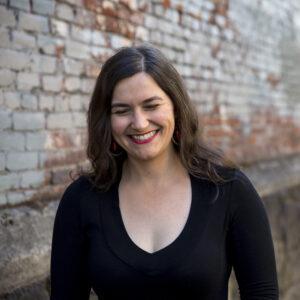
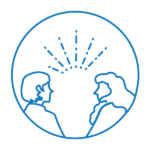
Resources
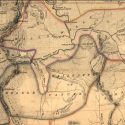
Blog
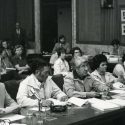
Blog
Recordings and resources from the second of four virtual briefings on Indigenous Leadership.
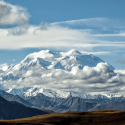
Blog
Recordings and resources from the third of four virtual briefings on Indigenous Leadership with Nicole Borromeo and Joe Nelson presenting.
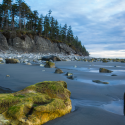
Blog
Recordings and resources for the final of four virtual briefings on Indigenous Leadership with Dave Tovey and Robert Miller presenting.

Press release
Native leaders to speak on ensuring a future for Indigenous people, culture, and land